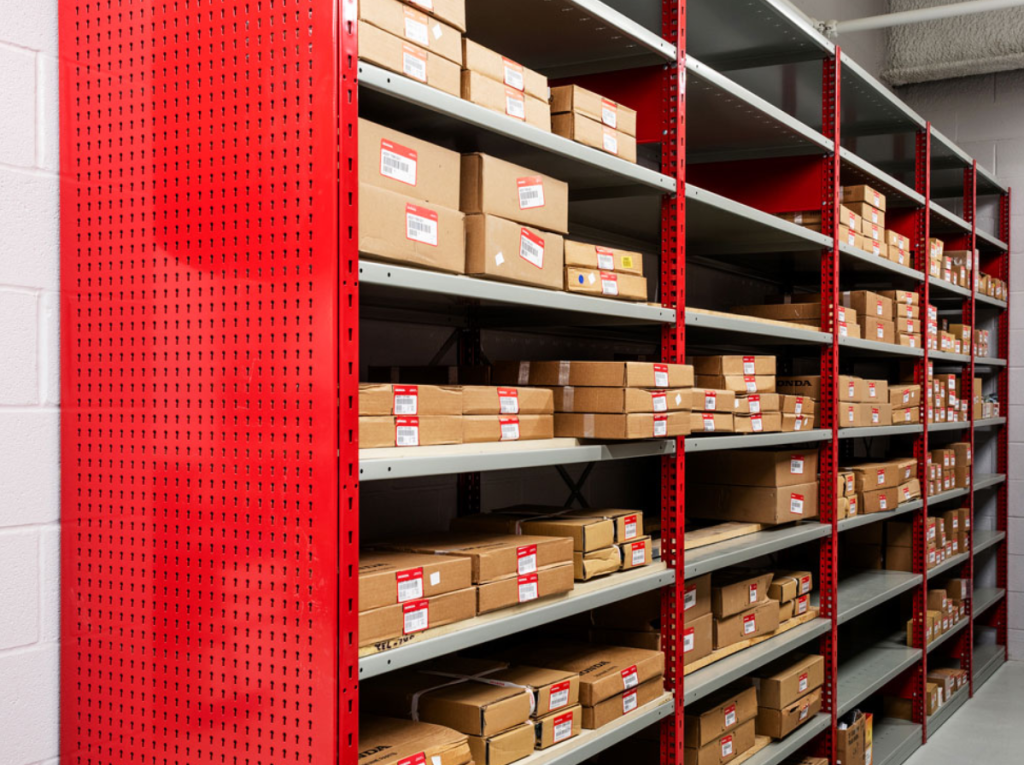Did you know that, on average, six million motor vehicle crashes occur yearly in the United States? These incidents result in at least three million people sustaining injuries. Nearly three in four collisions also cause property damage.
All that makes having auto insurance necessary if you use vehicles for your business. Without it, you can face high costs, even litigation, if you or your employees cause a car crash.
The types of car insurance you need depend on who owns the vehicles you use for your business. You may need non-owned or hired auto coverage if your company borrows or rents cars or trucks.
This guide discusses both types of coverage, what sets them apart, and which one you should get, so read on.
What Is Non-Owned Coverage?
Non-owned auto coverage is for vehicles your company doesn’t own, lease, or hire. An example is a personal car one of your employees owns and uses for your business.
Non-owned auto insurance provides liability coverage. It kicks in if the vehicle you don’t own but use for business gets involved in an accident.
For example, an employee uses their car to drive and meet your business’s clients. Along the way, they accidentally rear-ended another vehicle.
Non-owned insurance can help cover the damages sustained by the other vehicle. It can also help pay for the other driver’s medical costs.
However, your employee must exhaust the limits of their auto coverage first. Only after this will the benefits of a non-owned insurance policy kick in.
Non-owned insurance also often provides coverage for litigation costs. For example, the owner of the vehicle your employee crashed into decides to sue your business. In this case, your coverage can help pay for your company’s legal costs.
What About Hired Auto Coverage?
Does your business hire, lease, or rent cars or trucks? If so, you need a hired auto insurance policy. It can cover you or your employees who may get involved in an accident while driving such vehicles.
Suppose you’re driving a rental and crash into another person’s vehicle. This led to the other car sustaining damage or the other driver getting injured.
If you have hired auto coverage, it can pay for the other person’s medical expenses. Likewise, it can help pay for the needed repairs to the other party’s vehicle. It can also cover your company’s legal costs if the other driver sues your business.
Please note that you can only get this auto insurance for vehicles you hire, lease, or rent from a third party. You can’t do the same for those owned by employees, business partners, or family members.
What Sets the Two Apart?
The primary difference between the two has something to do with who owns the vehicles they cover.
Non-owned auto coverage is for vehicles your business uses but doesn’t own, rent, or lease. These include cars your employees own and use to perform jobs for you. The same applies to cars or trucks you borrow from family members or friends to conduct work.
Hired auto coverage is for cars or trucks your company rents or leases and uses for business. In this case, their owner is a third party, such as a vehicle rental company.
When Should You Get Which?
Most insurers bundle hired and non-owned auto (HNOA) insurance policies together. This is your best bet if your company uses rental cars and your employees also use their vehicles for work. Typically, these bundles come with discounts or lower insurance rates.
However, you can buy hired auto coverage separately from non-owned auto insurance. You can opt for this route if your business has no employees who use a car to conduct work. You can also do the same if your company only uses rental or leased vehicles.
What Do HNOA Policies Exclude?
Please be careful not to confuse non-owner car insurance with non-owned coverage. Non-owner policies are for those who don’t own a car but often drive borrowed or rented vehicles. It covers the policyholder and the car’s owner in case of an accident.
Neither non-owned nor hired auto insurance provides coverage for the policyholder. They don’t cover you, your employees, or the non-owned, rented, or leased vehicles you or your workers use.
Let’s say one of your employees crashes their car while on the way to perform a work errand. In this case, your non-owned auto coverage won’t pay for the following:
- The property damage sustained by your employee’s car
- Your employees’ medical bills if they got hurt in the crash
Also, remember that hired or non-owned auto policies only apply to work-related incidents. So, if you get into a crash while using a rental for personal reasons, your hired auto coverage won’t kick in. A non-owned policy won’t cover an employee who uses their car for personal reasons, either.
Hired and non-owned auto policies also have strict rules regarding negligence. They typically don’t provide coverage for crashes due to:
- Driving while under the influence of drugs or alcohol
- Vehicle defects caused by a lack of maintenance
- Substandard driver record
So, if you or your employees meet any of those, expect your policy not to provide coverage.
What Policies Cover What HNOA Insurance Doesn’t?
Collision and comprehensive coverage can help cover damage to non-owned vehicles. They can help with the costs of fixing or replacing the insured car.
Worker’s compensation covers injuries sustained by employees at work. FYI, over 2 million non-fatal job injuries occurred in the U.S. in 2021 alone.
Many of those job-related injuries result from motor vehicle collisions.
Fortunately, worker’s comp applies to such incidents. As long as the injured employee was on the job while driving, it should kick in.
Never Go Without Proper, Adequate Insurance
Remember: You need non-owned insurance if your business uses a vehicle it doesn’t own, rent, or lease. Conversely, you need hired auto coverage if your company rents or leases cars or trucks.
Regardless of which you need, please purchase them ASAP. Otherwise, you’re at risk of liabilities if you or your employees get into a crash in a non-owned or hired car.
Ready for more helpful articles like this? Then check out our recent business and finance guides!


